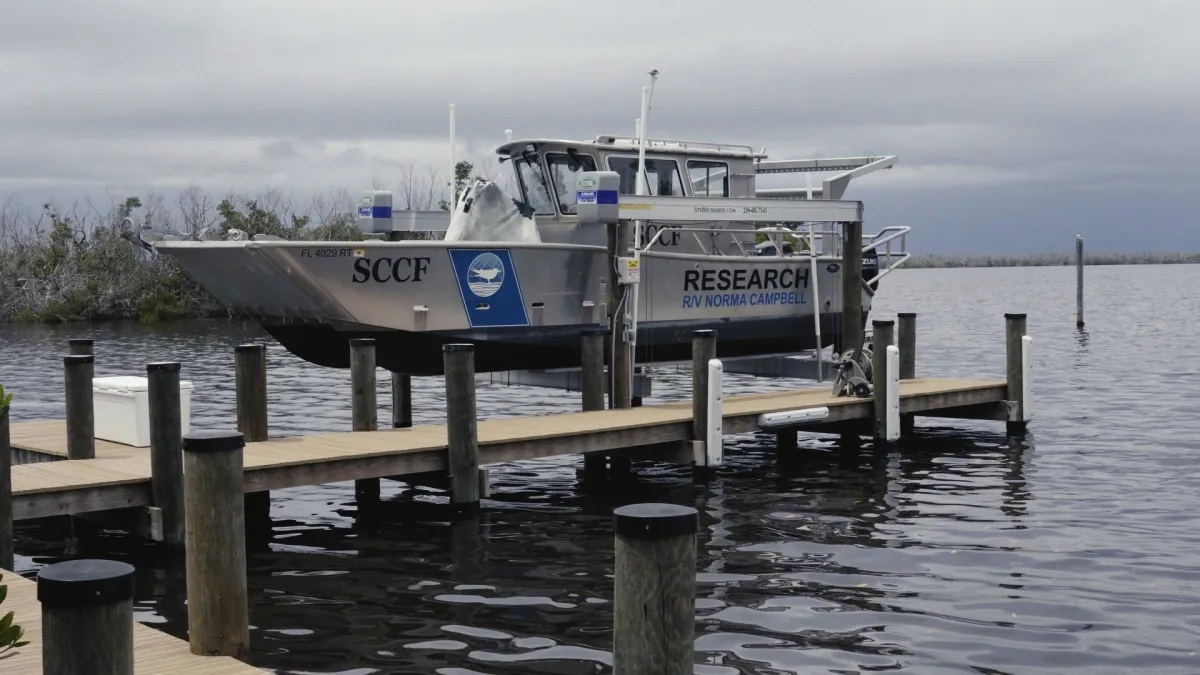
Scientist Warns of Estuary Damage from Lake Okeechobee Discharges
SANIBEL, Fla. — Freshwater discharges from Lake Okeechobee are straining Southwest Florida’s estuaries, according to Dr. Eric Milbrandt, director of the Sanibel-Captiva Conservation Foundation’s Marine Laboratory.
Milbrandt said that while freshwater releases are sometimes beneficial during the dry season, heavy flows after storms or hurricanes can cause serious ecological damage. “Too much fresh water can cause hypoxia, algae blooms and habitat loss,” Milbrandt said during an interview at the SCCF Marine Lab.
The Caloosahatchee River and surrounding estuaries serve as critical nurseries for fish, shellfish and other marine organisms. When excess freshwater enters these brackish habitats, it disrupts the delicate salinity balance necessary for marine life. According to SCCF research, discharges from Lake Okeechobee increase nutrient concentrations, including nitrogen and phosphorus, which fuel harmful algal blooms.
Independent reports confirm the impact. The Tampa Bay Times reported earlier this year that large-scale discharges from the lake contributed to conditions that worsened red tide outbreaks along Florida’s Gulf Coast.
Balancing Water Management
Lake Okeechobee serves as a flood-control reservoir, with discharges designed to protect nearby communities. Milbrandt acknowledged the importance of water management but said the current system creates unintended consequences downstream.
“The estuary is an incubator for life,” Milbrandt said. “When the balance shifts too far — either too much fresh water or too much salt — that incubator is damaged.”
Local restoration efforts aim to restore balance. SCCF recently completed an oyster reef restoration project in the Caloosahatchee Estuary. Oysters filter water and improve habitat for fish and other species.
Looking Ahead
State and federal agencies continue to advance Everglades restoration projects, which include new water storage reservoirs designed to reduce damaging discharges. Environmental groups, including SCCF, say these long-term solutions are essential to protect coastal ecosystems and the economy they support.
